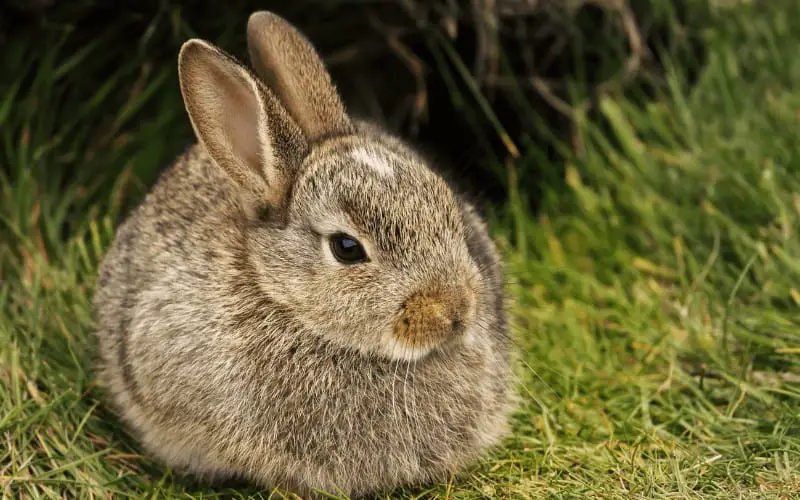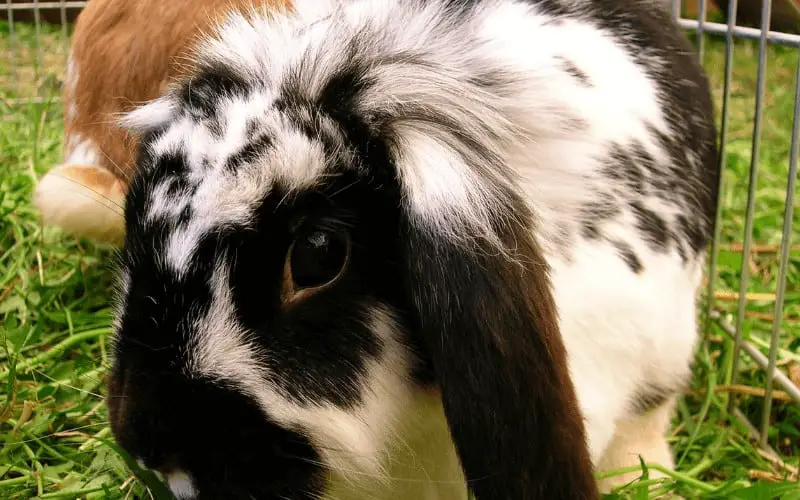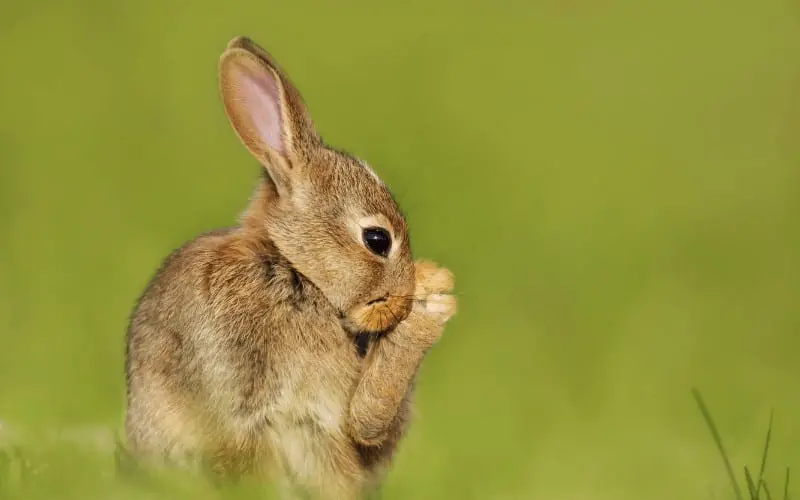You’re probably wondering if rabbits suffer depression like humans. Well, they actually do; but can rabbits die of depression? Yes, rabbits can undoubtedly die of depression. Depression in rabbits is often related to a change in the environment, such as an owner’s absence or other stressors.
Rabbits are sensitive creatures and can be prone to mood swings that cause them to become withdrawn, stop eating, drinking, or socializing with others.
If you notice any signs of depression in your rabbit, it is essential that you take action quickly!
This article will discuss why some rabbits may experience depression and how it can be treated effectively, so your pet stays happy and healthy!
Can Rabbits Die Of Depression?

Yes, rabbits can die of depression, as I mentioned earlier. When a rabbit is depressed, they can stop eating, lose interest in playing, and become lethargic. If a rabbit is depressed for too long without treatment, it can die from it.
Rabbits are prey animals that humans have domesticated over many generations to the point where their instincts don’t make them want to live anymore if they feel like they are not safe or happy.
One of the most common causes for a rabbit to die from depression is when they are left alone all day with nothing to do and no way out of their cage, which can cause them to become depressed.
Rabbits need at least two hours outside their cages every day in order to be healthy; otherwise, they can be sad, unhealthy bunnies who will eventually die.
What Causes Depression on Rabbits?
When we think of what can cause depression in humans, our minds might first turn to stress or a challenging event. However, this is often not the case with animals.
An underlying medical condition more likely causes depression than by some outside factor like stressful events.
For example, rabbits are known for being at risk for dental issues and tooth decay, leading to chronic pain.
Rabbits are also known for having sensitive stomachs, so a change in diet could be upsetting their digestive tract and causing them distress.
If your rabbit seems lethargic, is drooling excessively, or has changed his eating habits, then it might be worth taking him to the vet just in case there’s a medical problem.
It is essential to observe your rabbit’s well-being and figure out the root cause for any behavioral changes.
How Do I Know If My Rabbit Is Depressed?

It can be hard to tell if your rabbit is depressed, but there are many ways that you can check.
For example, if a rabbit doesn’t respond to regular stimulation and shows no interest in food or playtime, then it could be possible he’s feeling down.
A bunny with depression may also show symptoms such as weight loss and lethargy. If a rabbit is showing these symptoms, it’s imperative to get him checked by a veterinarian.
Additionally, if your bunny has lost weight (such as going from 11 pounds down to nine), he may be feeling depressed and not eating enough.
The vet will need more information about what kind of diet you’re feeding, if any at all, whether your bunny is getting enough exercise, and if the rabbit has any medical conditions that could be playing a role.
If you’re feeding your bunny hay, fresh veggies, or pellets regularly, he should not lose weight because of depression or other health problems. If there’s something wrong with his diet, it can lead to severe consequences.
If your bunny is eating hay or fresh veggies regularly and still losing weight, he might have an underlying medical condition.
He will need to see the vet examine his digestive tract, stomach acids, liver function, thyroid gland, and metabolism rate if this has been going on for more than two weeks.
Conclusion
Can rabbits die of depression? I bet you already know the answer. There are many famous cases of animals who have had to be rescued from terrible living conditions. Pets can often live in cramped, dark spaces without enough food and water.
These situations can lead to depression, which can cause physical harm or even death if left untreated. This article will explore whether rabbits can die from depression and what you can do as a pet owner to prevent it from happening.
If you notice that they are not eating or drinking, grooming themselves properly, or using their litter box regularly – then these may all be signs of depression!

